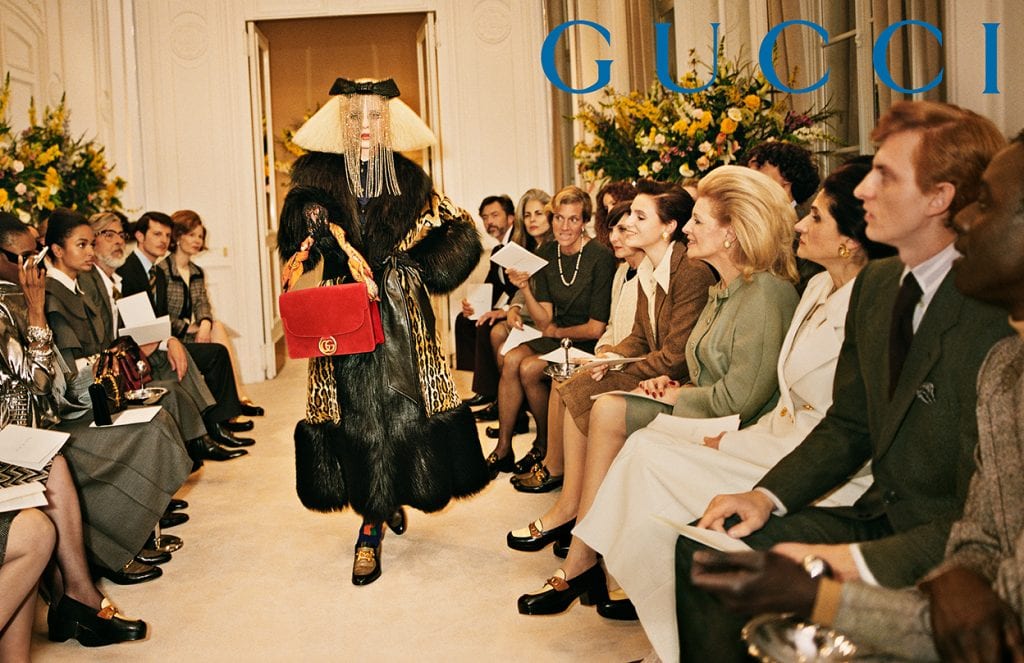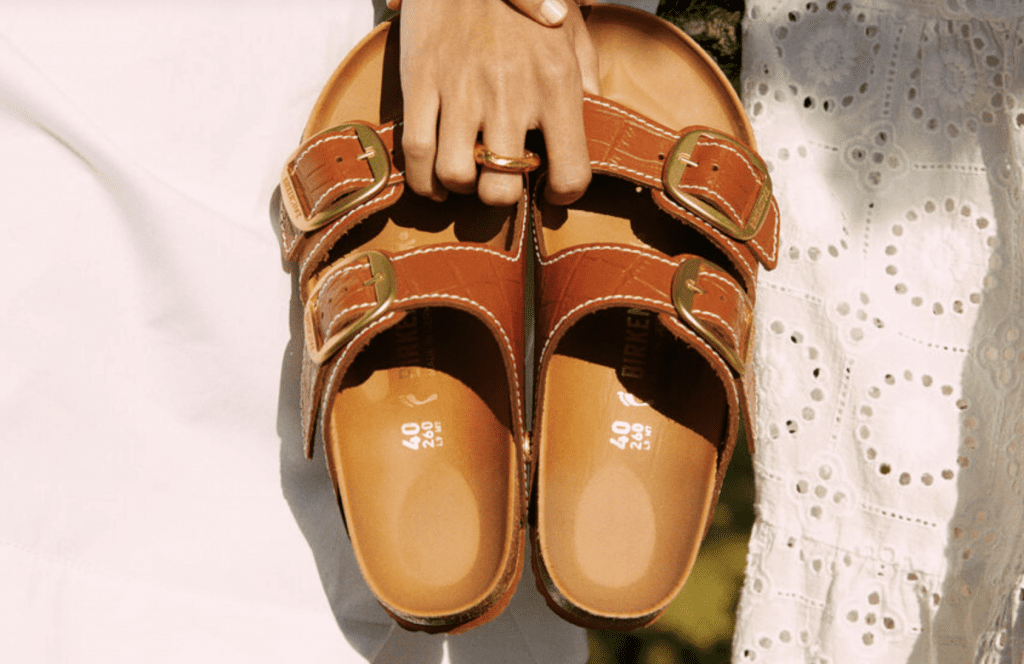“Taking into account the progression of COVID-19 in all of its key markets and the impact on the activity of its Houses,” Kering estimates that consolidated revenue for the first quarter of 2020, ending March 31, will be down by between 13 percent and 14 percent in reported terms (approximately 15 percent in comparable terms) compared to the first quarter of 2019. The Paris-based group, which owns Gucci, Saint Laurent, Balenciaga, and Bottega Veneta, among other luxury brands, says it expects “sharp” impacts for the second quarter, as well, as consumer opt out of luxury spending amidst the global health crisis.
In a statement released on Friday, “Initial Estimate Of COVID-19 Epidemic Impact,” Kering reveals that it is currently “observing encouraging signs in Mainland China, where the decline in store traffic, and hence in sales, is narrowing” in light of the initial drop as tied to the start of the coronavirus outbreak earlier this year. Conversely, the group states, “the impact of the epidemic remains significant in other Asia Pacific markets, and the situation has substantially deteriorated in recent weeks in Western Europe and, more recently, North America.”
As for second quarter of the year, Kering says that it expects “revenue [to be] sharply impacted by the effect of the epidemic on local clienteles and tourism,” while it estimates that taken together, the “first half of 2020 [will see] recurring operating margin in decline,” but could not comment further, noting “the dynamic nature of the situation and the current lack of visibility.” (Kering will release its first quarter 2020 revenue on April 21).
Against this background, Kering – which generated more than $17 billion in 2019 (up 13.3 percent compared to its full year results for 2018) – says that it “has implemented an initial action plan aimed at adapting its cost base and containing its working capital requirement,” and is “currently considering additional measures that can be activated to mitigate the dilution of its recurring operating margin throughout the year, while protecting its Houses’ market positions and preserving their growth potential and capacity to bounce back in the short and medium term.”
Ultimately, “the epidemic does not call into question the structural drivers of the Luxury industry,” per Kering, which says that the “strength of [its] business model and organization, as well as its financial health and discipline, reinforce the Group’s confidence in its medium- and long-term growth prospects.”
Meanwhile, elsewhere in the luxury segment, Burberry revealed this week that it expects sales in the final weeks of March to fall by as much as 80 percent, per CNBC, with “like-for-like sales in the final weeks of its financial year to March 28 would be down 70 to 80 percent, and as a result fourth-quarter sales would be 30 percent lower.” The British brand did, however, stated that sales in China have begun to improve in recent weeks, as shops there have started to reopen.











